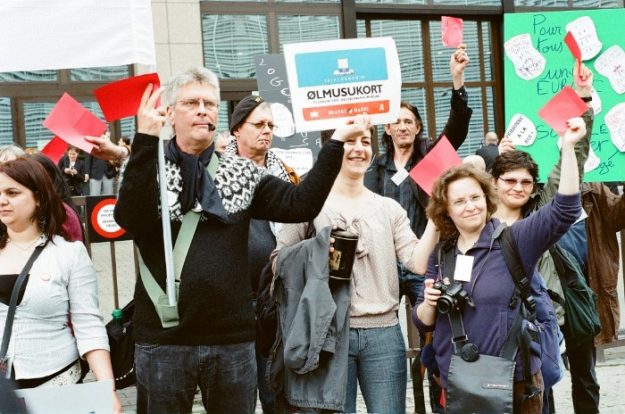Member States must support investment in a strong European Social Fund (ESF) if they are serious about Poverty Target
{jathumbnail}Brussels, 21 June 2012 – Today, 18 social NGOs have sent a joint letter to Prime Ministers ahead of their General Affairs Council meeting on 26th June, urging them to back the European Commission’s proposal on the Cohesion policy budget and on the European Social Fund (ESF) for social inclusion and fighting poverty.


